Unlocking the Stages of Type 2 Diabetes

Navigating the world of diabetes can feel overwhelming, but understanding the basics is the first step toward taking control.
For many, a diagnosis of Type 2 diabetes (T2D) doesn't happen overnight; it's a journey that unfolds in a series of stages. Learning about these stages can empower you to make informed choices and work effectively with your healthcare team. This is where a diabetes dietitian becomes an invaluable part of your journey, whether you're managing Type 1 diabetes or Type 2 diabetes. Let's break down the four key stages of type 2 diabetes (T2D).
Insulin Resistance
Imagine your body's cells are like doors, and insulin is the key that lets sugar (glucose) inside for energy. In the first stage of T2D, these doors become a bit rusty. This is called insulin resistance. Your body is still producing insulin, but your cells don't respond to it as well as they should.
Think of it this way: your pancreas, which makes insulin, has to work extra hard to get the job done. It's ...
Diabetes Dietitian's Take on Stinging Nettle

Living with diabetes, whether it's type 1 or type 2, can feel like a constant balancing act.
You're always on the lookout for ways to manage your blood sugar, and you've probably heard about a ton of different supplements and "natural" remedies. One that's been gaining some attention is stinging nettle. Stinging nettle might not be the first thing that comes to mind when managing diabetes, but it's starting to gain attention in the world of natural remedies. Let's break down what the science says in a way that’s easy to understand. As a diabetes dietitian and Diabetes Educator, my goal is to give you the facts so you can make smart, informed choices.
Science Behind Stinging Nettle and Blood Sugar
Stinging nettle has been used for a long time for various health issues, from reducing inflammation and lowering blood pressure to helping with seasonal allergies. But when it comes to blood sugar, the jury is still out. Let's look at a few of the studies that have been done.
One study ...
Fueling Your Health with Diabetes
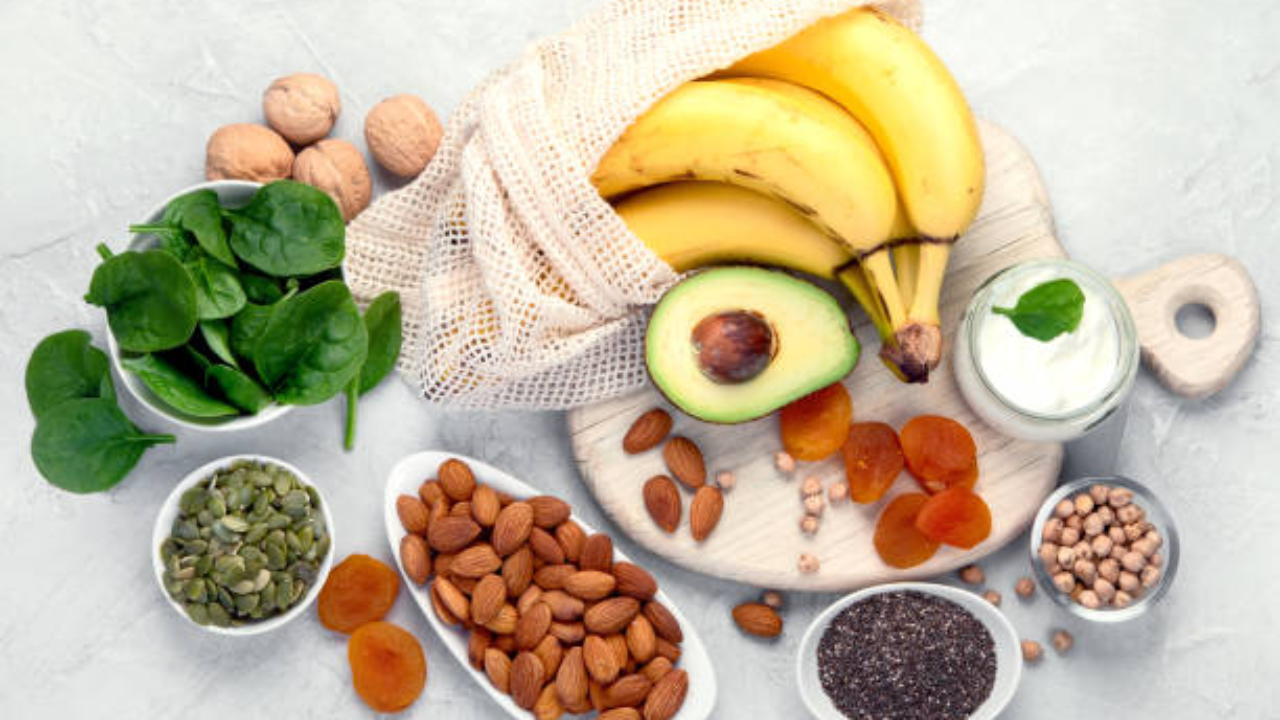
Living with diabetes, whether it's Type 1 or Type 2, might seem complicated, especially when it comes to food
But guess what? It doesn't have to be! Think of your body as a high-performance car; it needs the right fuel to run smoothly. And just like a car, what you put in makes a huge difference. That's where a diabetes dietitian comes in, like a trusted mechanic for your body's engine.
You might be wondering, "What food should diabetics eat or not eat?" This is one of the most common questions, and it's a super important one. The good news is that healthy eating for diabetes isn't some crazy, super restrictive diet. It's really about making smart choices that benefit everyone, not just those with diabetes.
Forget chasing the “perfect” diabetes plate. Real life isn’t Pinterest, and your meals don’t have to be either. That said, some general strategies can help support more stable blood sugars and better energy without making you feel restricted or overwhelmed.
- Non-Starchy Veg...
Protein Powder Spikes Blood Sugar
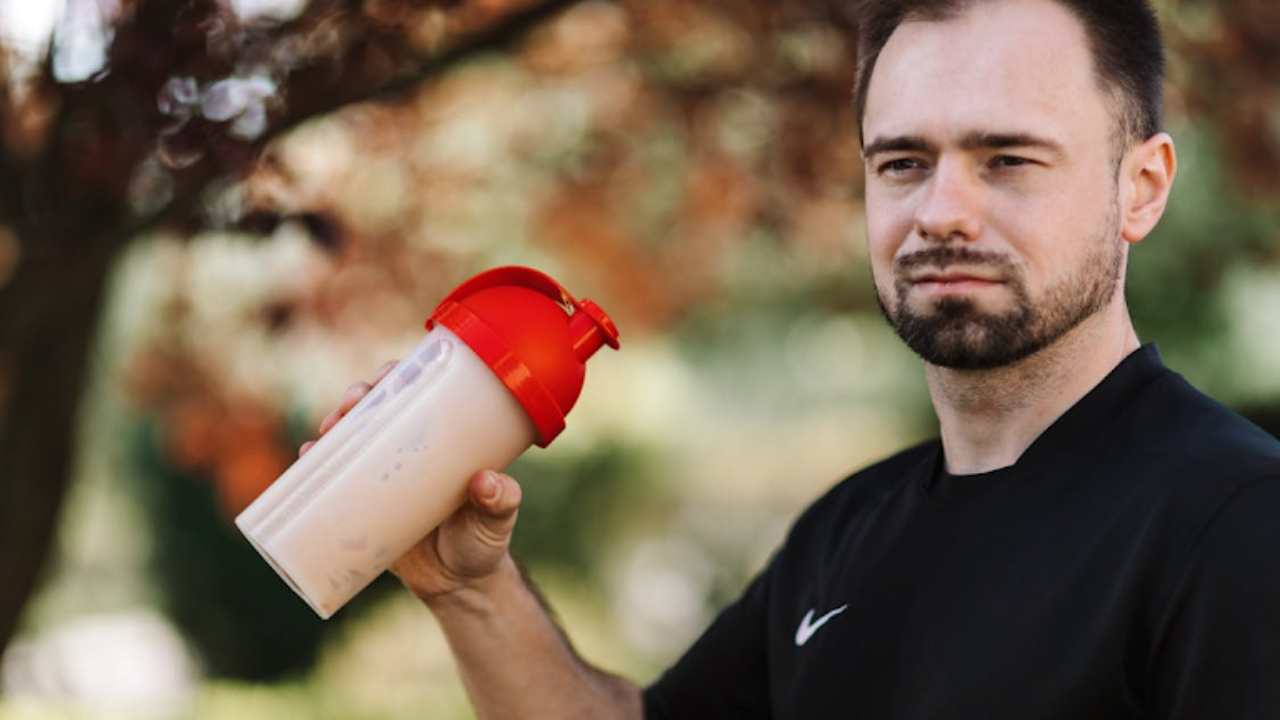
For individuals living with Type 1 diabetes or Type 2 diabetes, every food choice comes with a question mark: "How will this affect my blood sugar?"
Protein powder, a staple for many fitness enthusiasts, often seems like a safe bet. After all, it boasts minimal carbohydrates, sometimes as low as 2 grams per serving, while delivering a powerful protein punch. But what if a seemingly innocent protein shake sends blood glucose levels skyrocketing? This common mystery has puzzled many, and the answer might just change how you approach your supplements forever.
Many people with diabetes are puzzled when low-carb protein powder causes blood sugar spikes. A diabetes dietitian knows why, and so should you.
Mystery Unraveled with a Personal Anecdote and a Huge Lesson
Consider a common scenario: a 15-year-old, newly diagnosed with Type 1 diabetes, finishes a workout. Their blood sugar is a stable 92 mg/dL. They mix up a protein shake, confidently checking the label, only a couple of grams of...
Beat the 15 Minute CGM Blood Sugar Gaps
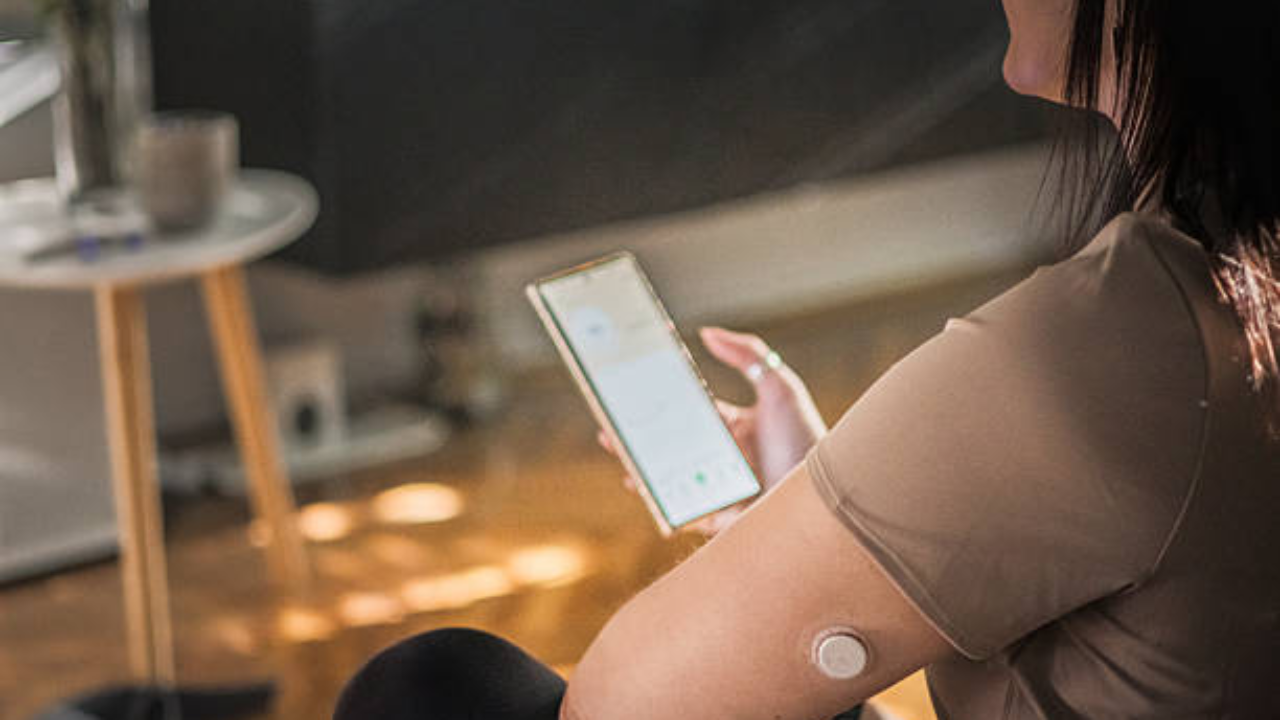
For anyone living with diabetes, whether it's Type 1 diabetes or Type 2 diabetes, Continuous Glucose Monitors (CGMs) have been revolutionary
These incredible devices eliminate the constant need for finger pricks, offering real-time insights by reading blood sugar levels every five minutes. They empower individuals to spot trends, understand how different foods and activities impact their glucose, and generally feel more in control. It's truly a fantastic tool for modern blood sugar management.
However, a crucial piece of information often gets missed when people first start using a CGM – a detail that can make all the difference in keeping blood sugars smoothly in range and avoiding frustrating highs and lows. This vital insight is something a dedicated diabetes dietitian or Diabetes Educator emphasizes: there's typically a 15-minute delay between what your CGM displays and what your actual blood sugar is at that exact moment.
Why the 15-Minute Delay Matters
To understand this de...
Top 3 Picks for Stable Blood Sugar at Arby’s

When a craving for fast food hits, especially on a long road trip or during a busy day, navigating the menu to make blood sugar-friendly choices can feel like a real challenge for anyone living with diabetes
Many worry about hidden sugars, excessive carbs, and fats that can send blood glucose levels soaring. However, with the right knowledge, even places like Arby's can offer viable options.
A seasoned diabetes dietitian, someone who understands the daily realities of both Type 1 diabetes and Type 2 diabetes from professional experience and having lived with Type 1 diabetes for over 20 years, shares essential insights for making the most nutritious and blood sugar-friendly choices at Arby's. This guide, straight from a trusted Diabetes Educator, will help you make informed decisions when you find yourself in a pinch at the famous roast beef spot.
1. The Half Pound Roast Beef Sandwich, A Protein Powerhouse
For those seeking a substantial meal with a focus on protein, the Half Pou...
Facts About Collagen and Diabetes
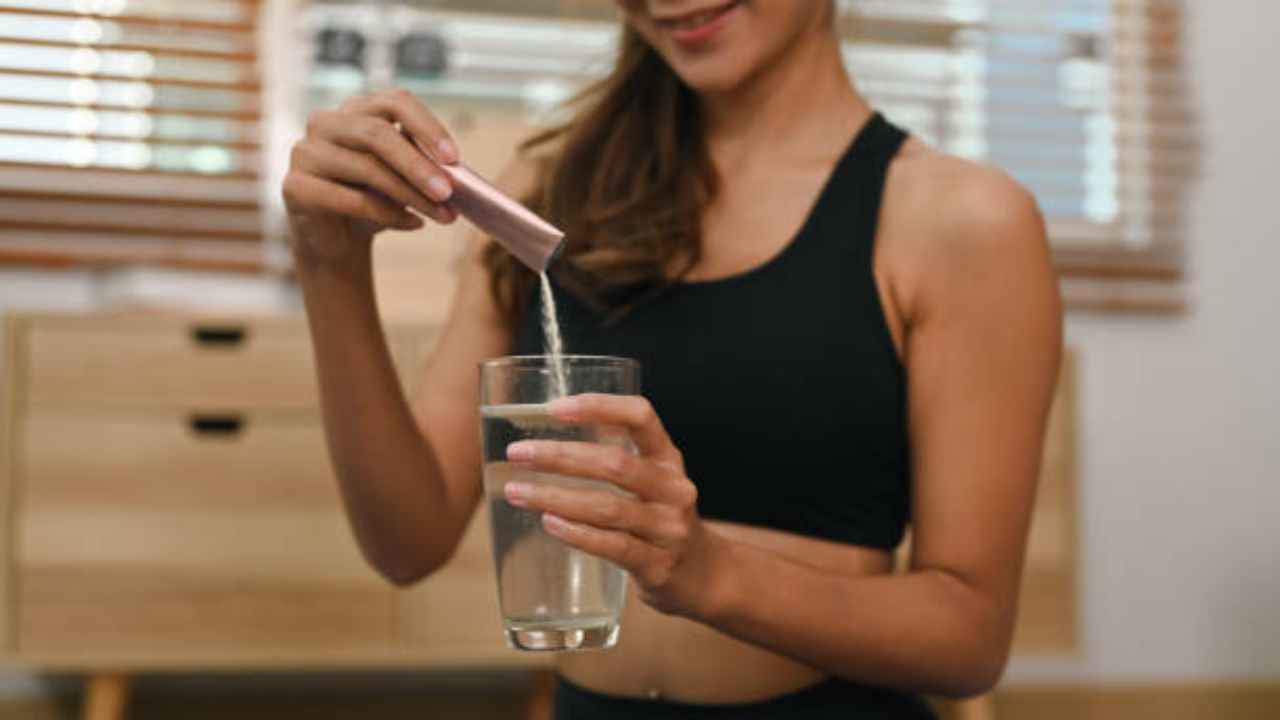
You've probably heard a lot about collagen lately
People everywhere are talking about taking it to boost their bone health, improve their skin's glow, strengthen their hair, or even make their nails less brittle. And, as you might know, collagen is a type of protein. But if you're living with diabetes, a big question might pop into your mind “Can collagen actually help with blood sugar management, and is it truly worth adding to your routine?”
This is a question often addressed by a diabetes dietitian and a Diabetes Educator, professionals dedicated to guiding individuals with Type 1 diabetes and Type 2 diabetes through the complexities of nutrition and health. Let's dive into what the science says, straight from the perspective of an expert who has personally navigated Type 1 diabetes for nearly 25 years.
Collagen's Potential Benefits for Diabetes Management
When a Type 1 diabetes dietitian or Type 2 diabetes dietitian evaluates supplements, they look for solid scientific backi...
Top 3 Jimmy John’s Picks for Stable Blood Sugar
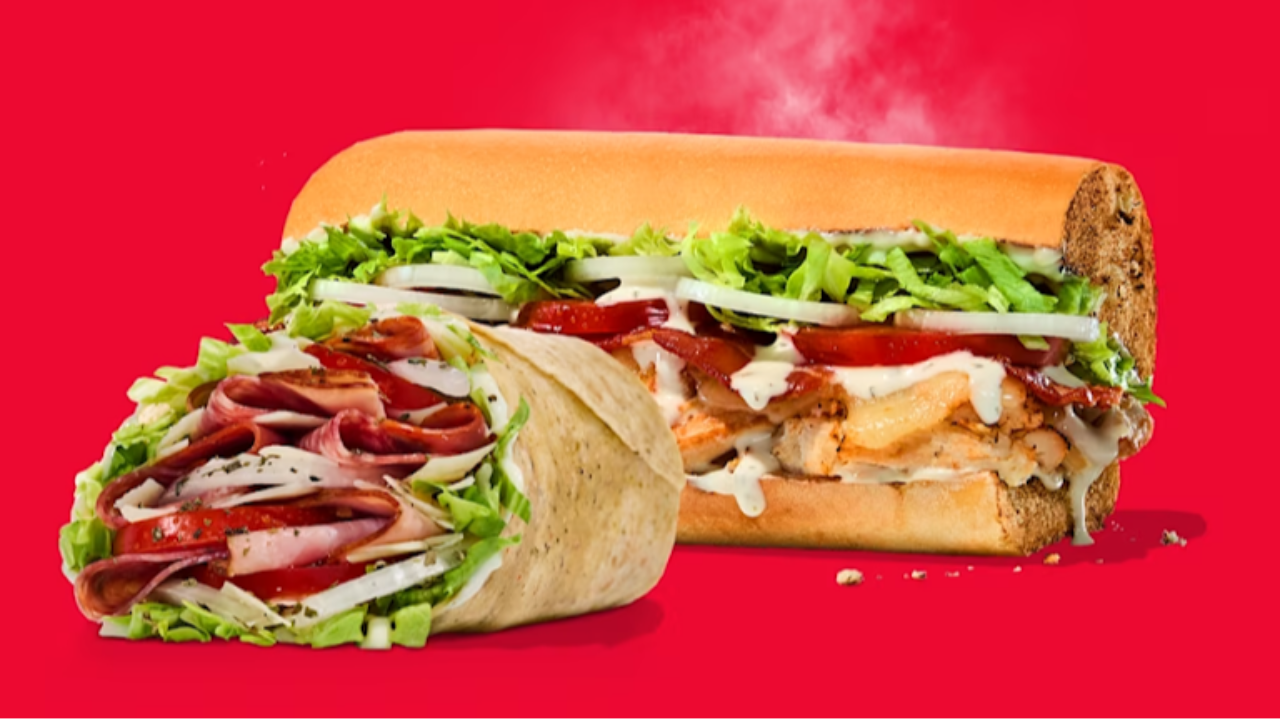
Navigating the world of fast food when managing diabetes can often feel like a tightrope walk.
The convenience is undeniable, but the fear of blood sugar spikes and hidden carbs can make dining out daunting. However, for those living with Type 1 diabetes or Type 2 diabetes, a well-informed choice can make all the difference. According to a seasoned diabetes dietitian, someone who has not only dedicated their career to empowering individuals with diabetes but also personally managed Type 1 diabetes for nearly 25 years, Jimmy John's stands out as a surprisingly accommodating option.
This guide provides top recommendations from a trusted Diabetes Educator, offering practical tips to help individuals make smart choices when they're in a pinch at this popular sandwich shop.
1. The Bootlegger
For many, including this diabetes dietitian, the Bootlegger has been a long-standing personal favorite, and it’s an excellent choice for diabetes management. This sandwich offers a substantial nu...
Top Walmart T1D Dietitian Buys

Navigating grocery aisles when managing diabetes, whether it's Type 1 diabetes or Type 2 diabetes, can sometimes feel like a treasure hunt.
With so many options available, it's easy to feel overwhelmed trying to pick foods that support stable blood sugars while also fitting into a busy life. This is precisely where the expertise of a diabetes dietitian can make a huge difference. They offer practical, real-world advice that goes beyond basic food rules, helping individuals find convenient and affordable options that truly support their health goals.
The search for easy, diabetes-friendly foods at everyday stores like Walmart is a familiar journey. This combination of professional knowledge and personal experience allows for a unique perspective on what truly works in day-to-day life.
Here are four specific Walmart finds that a dedicated diabetes dietitian often recommends, highlighting why these simple choices can be smart additions to anyone's pantry or fridge.
1. Part-Skim Shre...
Top 6 Diabetes-Friendly Foods

Navigating the grocery store with diabetes can feel overwhelming, but it doesn’t have to be
Whether someone is living with Type 1 diabetes (T1D) or Type 2 diabetes (T2D), having a plan and knowing what foods to look for can make managing blood sugars much easier. That’s where the expertise of a diabetes dietitian and Certified Diabetes Educator comes in, offering practical, realistic, and flavorful guidance.
Here’s a breakdown, aisle by aisle, of grocery staples a T1D or T2D dietitian might grab on a weekly shopping trip to support better blood sugar control, make meal prep easier, and keep meals enjoyable.
1. Sweet Potatoes – A Complex Carb Win
Sweet potatoes are a staple in any dietitian's cart for individuals with Type 1 or Type 2 diabetes. Why?
- They’re high in fiber, which helps slow the absorption of sugar into the bloodstream.
- They’re rich in potassium and vitamin A.
- They’re incredibly versatile; tossed in the air fryer, they make a quick and delicious side dish. ...

